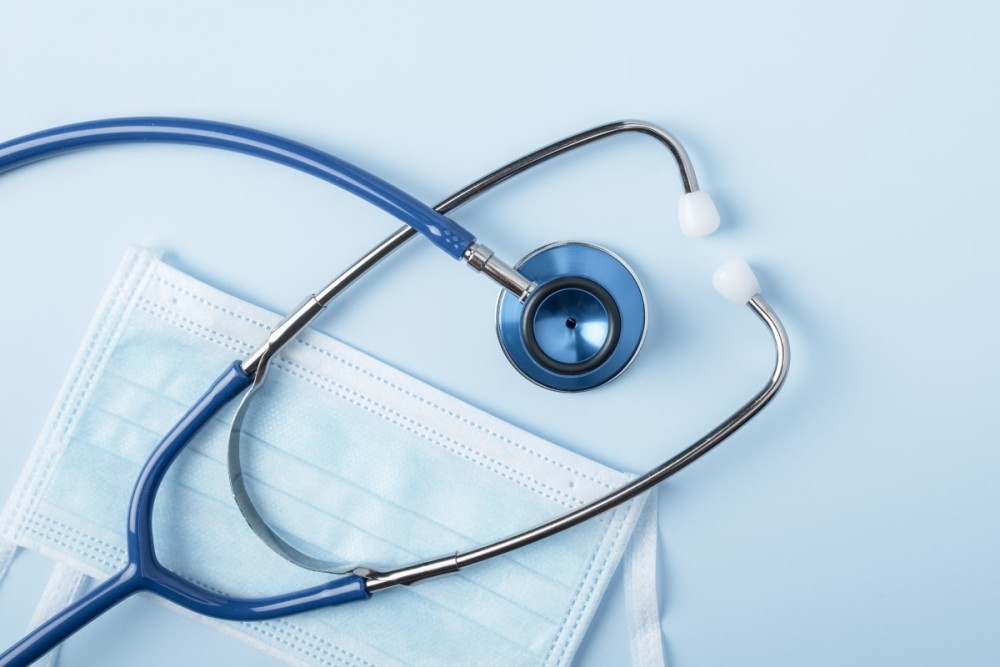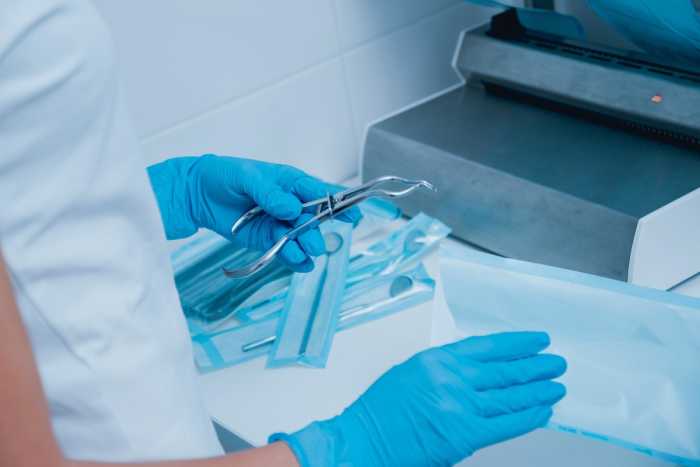Medical device testing services

- Fast turnaround times
- Personal service from method experts
- Competitive prices
- Result accuracy guarantee
Biocompatibility assessment
The goal of biocompatibility testing is to ensure that medical devices do not cause adverse reactions when in contact with the human body. ISO 10993 standards are internationally recognized as the “gold standard” for evaluating biocompatibility, and tests performed according to them are accepted worldwide as proof of compliance.
Measurlabs offers a comprehensive range of ISO 10993 tests, including – but not limited to – cytotoxicity, genotoxicity, irritation, and skin sensitization testing. Preparation of the biological evaluation plan (BEP) is also available as a separate service. The tests are performed in our ISO 17025-accredited and GLP-certified partner laboratories.
The biocompatibility testing procedure is always product-specific, with more extensive testing required for more high-risk devices. In the case of low-risk devices, it may be possible to perform all tests with in vitro methods (without animal testing). When requesting a quote, please describe your product in as much detail as possible to help us provide an accurate quotation.

Microbiological quality
ISO 11737 standards are used to assess the microbiological cleanliness of medical devices, healthcare products, their components, and packaging. The following microbiological tests can be ordered directly on our website:
Orders are always reviewed by our medical device testing experts before being processed to ensure that the tests are suitable for the product. You can also always contact us through the form at the bottom of this page to discuss testing options.
Mechanical performance and chemical safety
Medical devices and their packaging materials can be subjected to a range of mechanical tests to ensure they are durable and remain functional even after prolonged periods. Depending on the product type, necessary tests may include accelerated aging tests, fatigue testing, and evaluation of mechanical properties from tensile strength to abrasion resistance.
With regard to chemical safety, it is important to ensure that medical devices do not release toxic substances in amounts that may harm the patient, especially if they are implants or other invasive devices. Testing options include chemical characterization, toxicological evaluation, and analysis of ethylene oxide residuals after sterilization.
Questions?
Medical device testing expert Heini Virtanen is happy to help.
Customer support by medical device testing experts
When you order medical device tests from Measurlabs, one of our highly qualified testing experts will take charge of your project. Our team has experience evaluating the safety and performance of medical devices according to the EU MDR, FDA guidelines, and ISO standards. Do not hesitate to contact us to discuss your testing needs.
Get a quote
Fill in the form, and we'll reply in one business day.
Have questions or need help? Email us at info@measurlabs.com or call +358 50 336 6128.
